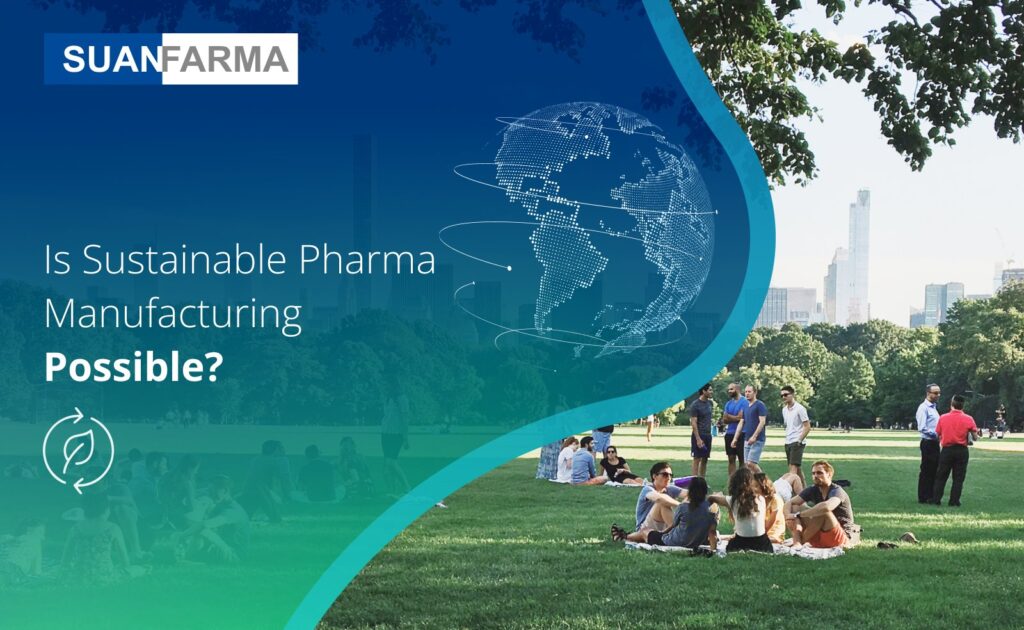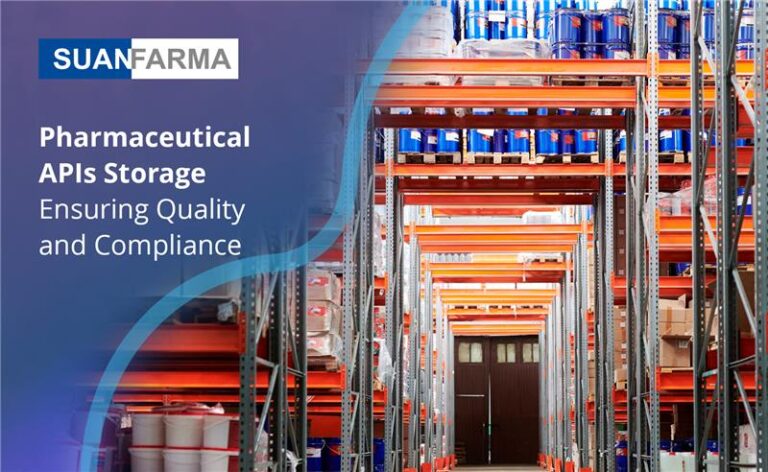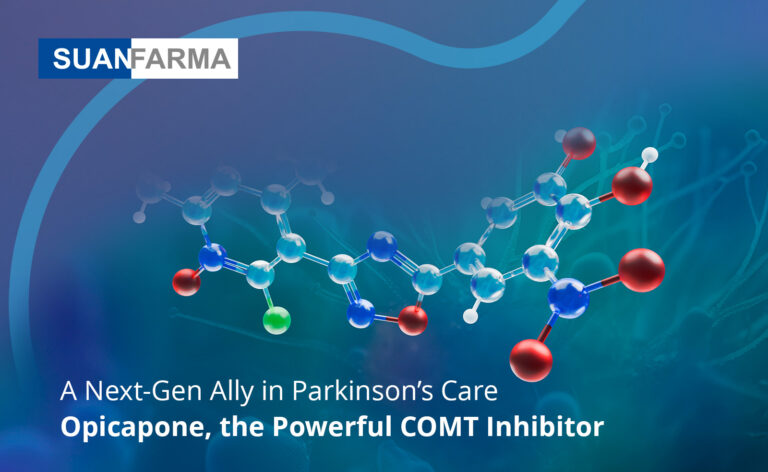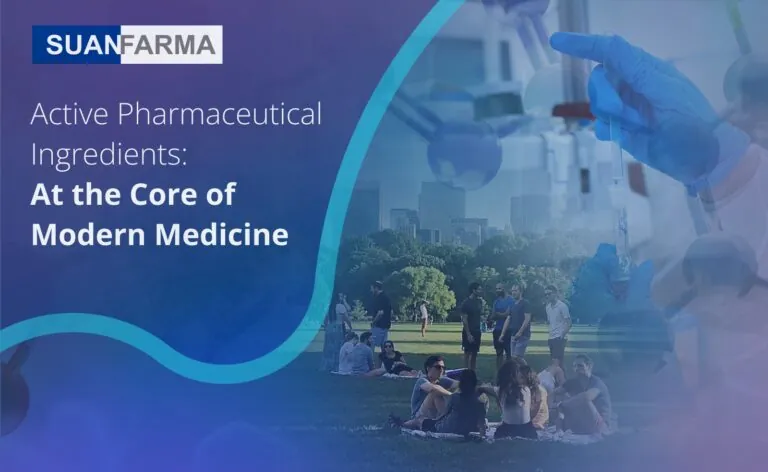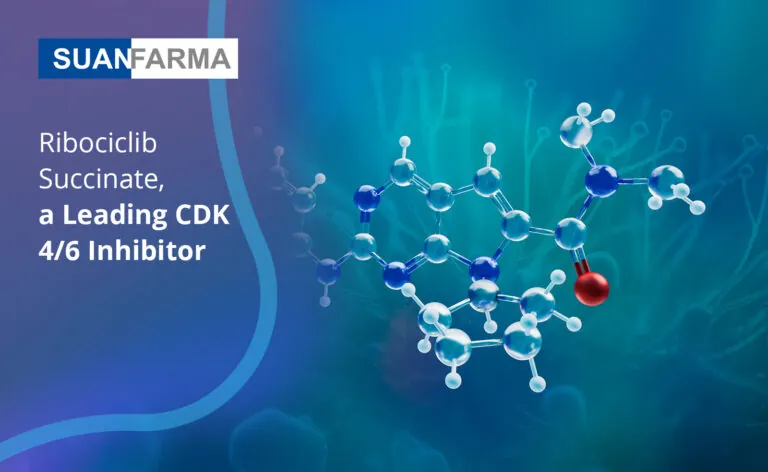The Need for Sustainable Practices in the Pharmaceutical Industry
The pharmaceutical industry is essential for global healthcare, yet its manufacturing processes significantly impact the environment. The sector is characterized by high energy consumption, extensive water usage and the generation of hazardous chemical waste. These factors contribute to carbon emissions, resource depletion and environmental contamination, underscoring the urgency for a sustainable transformation.
As regulatory frameworks become increasingly stringent and stakeholders prioritize corporate responsibility, pharmaceutical companies must integrate sustainable practices into their operations. Beyond compliance, adopting greener manufacturing approaches ensures long-term business resilience, enhances operational efficiency and aligns with global sustainability goals. Companies that lead this transformation will not only minimize their ecological footprint but also gain a competitive edge in an evolving market driven by environmental and social responsibility.
Challenges in Sustainable Pharmaceutical Manufacturing
Despite growing awareness, implementing sustainable practices in pharmaceutical manufacturing presents several challenges:
- Energy-Intensive Processes: Pharmaceutical production involves multiple energy-heavy steps, including chemical synthesis, sterilization and controlled-temperature storage, all of which require significant power input
- Water Usage and Wastewater Management: Large volumes of water are needed for production, cleaning and cooling processes, raising concerns about resource depletion, contamination risks and treatment efficiency
- Hazardous Chemical Waste: Many pharmaceutical processes generate significant volumes of chemical by-products, that must be managed responsibly to prevent environmental harm
- Supply Chain Complexity: Ensuring the sustainable sourcing of raw materials while maintaining cost efficiency remains a significant challenge, particularly when working with a global network of suppliers
- Regulatory Compliance: With increasingly stringent environmental laws, pharmaceutical companies must continually invest in green technologies, cleaner production methods and compliance strategies to meet evolving regulatory requirements
Despite these challenges, innovation and technology-driven solutions are enabling a more sustainable future for the pharmaceutical sector.
Innovative Strategies for a More Sustainable Industry
To address these environmental concerns, Suanfarma is committed to integrating sustainability into every stage of pharmaceutical manufacturing. Our approach combines cutting-edge technology, resource optimization and responsible waste management to create a more sustainable supply chain.
Key initiatives include:
1. Green Chemistry & Process Optimization
- We prioritize the use of environmentally friendly solvents and catalysts to minimize hazardous waste
- By optimizing synthetic pathways, we reduce unnecessary by-products and enhance efficiency
- Continuous process improvements, such as biocatalysis and flow chemistry, enable us to create cleaner, more sustainable production methods
2. Energy Efficiency and Transition to Renewable Energy
- Suanfarma is actively investing in renewable energy sources, such as solar and wind power, to reduce reliance on fossil fuels
- We are optimizing industrial processes to minimize energy waste and improve overall efficiency
- Cogeneration plants and energy-efficient industrial equipment further support our carbon reduction goals
3. Water Conservation and Wastewater Treatment
- Recognizing water as a critical resource, we have implemented closed-loop water recycling systems and advanced filtration technologies to reduce consumption and improve wastewater management
- Our treatment facilities ensure that discharged water meets the highest environmental standards, minimizing contamination risks
4. Biofermentation as a Sustainable Alternative
• We use biofermentation to produce active substances through microbial synthesis, reducing reliance on traditional chemical synthesis.
• This technology can reduce the number of synthesis steps required to obtain a product, reduces the use of chemicals, and improves sustainability in line with our objectives.
5. Sustainable Sourcing and Smart Supply Chains
- Suanfarma collaborates with eco-conscious suppliers to ensure responsible sourcing of raw materials
- Supply chain transparency and ethical procurement remain core priorities in our sustainability strategy
6. Digitalization and Smart Manufacturing
- By leveraging AI and IoT, we optimize manufacturing efficiency, reduce waste and enhance real-time monitoring of production processes
- Predictive maintenance strategies extend equipment lifespan, preventing unnecessary downtime and resource consumption
Suanfarma: A Leader in Sustainable Pharmaceutical Manufacturing
At Suanfarma, we are dedicated to setting new benchmarks in sustainable pharmaceutical manufacturing. Our sustainability initiatives are deeply embedded in our corporate strategy, reflecting our belief that “The Core of Better Life” lies in protecting both human health and the environment.
Commitment to Corporate Sustainability Reporting Directive (CSRD)
Our ESG efforts align with the Corporate Sustainability Reporting Directive (CSRD), ensuring greater transparency, accountability and impact measurement. Through CSRD-compliant reporting, we continuously assess and communicate our sustainability progress to stakeholders, demonstrating our commitment to environmental and social responsibility.
Focus Areas:
- Water Conservation & Responsible Waste Management – We strive for efficient resource utilization, reducing waste and enhancing water treatment capabilities
- Carbon Footprint Reduction – We are increasing our use of renewable energy and investing in energy-efficient systems to lower emissions
- Circular Economy & Resource Optimization – By maximizing waste recovery and reuse, we reduce reliance on non-renewable resources
- Community Engagement & Awareness – We actively participate in projects that promote responsible consumption and sustainability education
Investments in Green Technology:
- Installation of photovoltaic panels to generate clean energy
- Expansion of cogeneration plants to improve energy efficiency
- Adoption of low-emission industrial equipment to minimize environmental impact.
By integrating these initiatives into our business model, we are redefining pharmaceutical manufacturing with a sustainable, responsible and forward-thinking approach.
Sustainability as a Strategic Imperative
For Suanfarma, sustainability is more than a regulatory requirement, it is a strategic priority and a driving force behind our long-term success.
Aligning with evolving global regulations, such as the CSRD, we focus on fostering transparency, measurable environmental and social impact and sustainable business growth. Governments and regulatory bodies worldwide are reinforcing this shift through stringent policies and incentives, including:
- The European Green Deal – Aiming to reduce pollution and carbon emissions across industries, including pharmaceutical manufacturing
- The U.S. Environmental Protection Agency (EPA) – Enforcing strict guidelines on chemical disposal and waste management
- The Pharmaceutical Supply Chain Initiative (PSCI) – Promoting ethical sourcing, supply chain sustainability and responsible procurement practices
By proactively adopting these sustainability principles, pharmaceutical companies can ensure compliance, enhance corporate reputation and drive innovation.
A Call to Action for the Pharmaceutical Industry
Achieving sustainability in pharmaceutical manufacturing requires collaboration among industry leaders, regulatory agencies and consumers. Companies that embrace eco-conscious innovations will not only contribute to environmental preservation but also gain competitive advantages through operational efficiency and cost reduction.
Key Actions for the Industry:
- Adopt Green Chemistry Principles – Reduce hazardous waste through safer and more efficient chemical processes
- Optimize Energy Consumption – Transition to renewable energy and implement energy-efficient systems
- Minimize Waste – Implement circular economy strategies and prioritize biodegradable materials
- Leverage Digital Transformation – Use AI, IoT and real-time monitoring to optimize manufacturing efficiency
With industry leaders like Suanfarma driving sustainable innovation, the future of pharmaceutical manufacturing is poised for a greener, more responsible and more efficient transformation. Our collective efforts will set new industry standards, safeguard environmental resources and enhance global health outcomes

